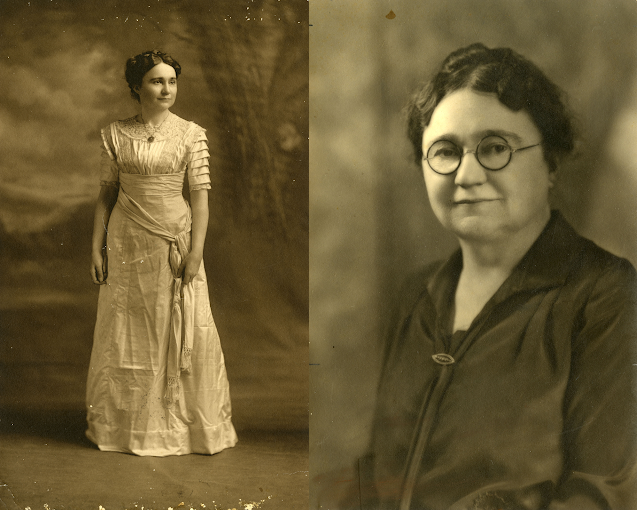“Where else do you get an hour of uninterrupted talking about vaginas?” asked CCE senior Elizabeth Wilson, and she is right — there is no forum to discuss vaginas quite like “The Vagina Monologues.” Wilson was one of many performers to grace the stage at last weekend’s rendition of the play, which premiered on Feb. 17 to a full house in Bryan Jr. Auditorium and ran again on Feb. 19.
Some acts had the audience in stitches, like senior Hannah Early’s performance of “My Angry Vagina,” a rant about tampons, OB/GYN instruments and other uncomfortable objects designed for vaginas. Other monologues, like senior Kalyn Howard’s portrayal of a Bosnian woman who was gang-raped by soldiers in “My Vagina was My Village,” commanded silent reverence.
“‘The Vagina Monologues’’ purpose is to talk about issues that have been taboo and to provide a venue for female empowerment,” said senior Marissa Dungan, who co-directed the “The Vagina Monologues” along with senior Laurie Elseroad and first-year Haley Hawkins.
“I want (women) to be comfortable talking about their vaginas and issues surrounding their vaginas,” said Elseroad. “That’s what (‘The Vagina Monologues’) did for me my freshman year, and I think it opens the door to have conversations about these kinds of things.”
Playwright Eve Ensler originally wrote “The Vagina Monologues” in 1996 after interviewing over 200 women about their vaginas and she has since updated the collection annually for worldwide performance.
John St. Louis performed this year’s spotlight piece, entitled “They Beat The Girl Out of My Boy.”
“(In my monologue,) I recognize parts of trans-femininity that I do associate with, that I do find empowering, and other parts that aren’t my story,” said St. Louis. “This form of being a woman is just as much a part as other ways of being a woman, and that’s something that’s really powerful and really important to keep in mind as we think about women. (Women are) not just people who have been born with vaginas.”
The three directors of this event also directed the production of “A Memory, a Monologue, a Rant, and a Prayer,” a more serious counterpart to “The Vagina Monologues,” which debuted Feb. 16 and ran again on Feb. 18.
“The focus of ‘MMRP’ is that violence against women can come in so many different forms,” said Elseroad. “It doesn’t necessarily have to be what we hear about in the news, like rape and killing. It’s anything from verbal abuse to a slap.”
Though performing in “The Vagina Monologues” is restricted only to those who identify as female, “MMRP” is open to men and women who want to speak out about violence against women. Sophomore Billy Millman, senior Justin Kirchner and CCE student Matthew Potts lent their voices to this cause.
“My piece is about addressing the triggers for violence,” said Millman. “We’re all capable of committing the most horrendous act possible if given the right circumstances, but violence is the easy way out.”
Millman’s monologue, “The Closet,” is told from the perspective of a 12-year-old boy who sees his father hit his mother.
In addition to domestic violence, other monologues touched on issues such as femicide and the portrayal of women in the media and in society.
“Although these aren’t our stories, they’re true stories,” said senior Taylor Starns, who performed a piece about a woman’s reaction to the brutal murder of an NYU student.
In both performances, the actors found personal connections to their pieces that helped bring the monologues to life.
Both shows had free admission, but donations were encouraged. Proceeds were split between Leslie’s House and Women of Caring Services, both local shelters for women.
While these events supported good causes and brought often-silenced issues to the foreground, Dungan expressed concern about the future of “The Vagina Monologues” and similar productions at Guilford.
The production is entirely student-driven and needs the initiative of dedicated students to continue.
“We’re really hoping that people continue to carry on the tradition (and) take the time to put this production on, because it’s an empowering experience,” said Dungan.





